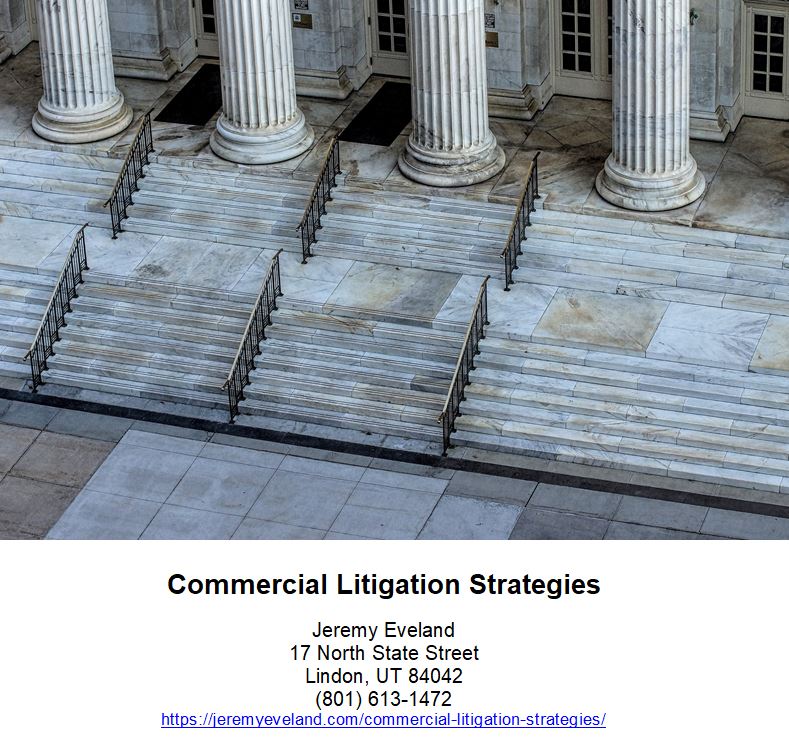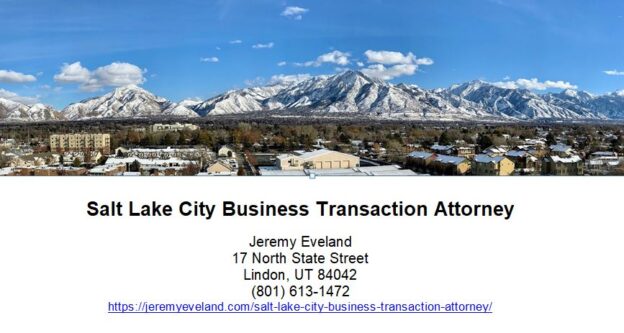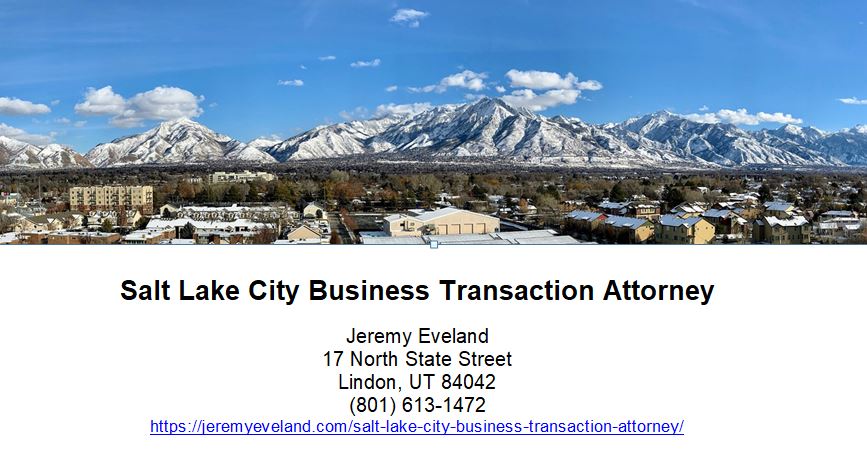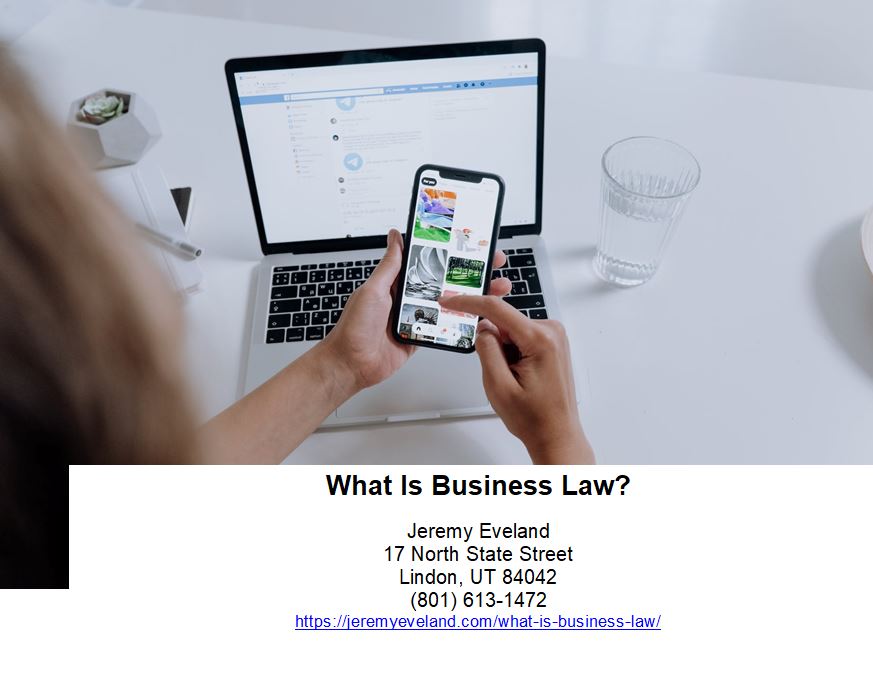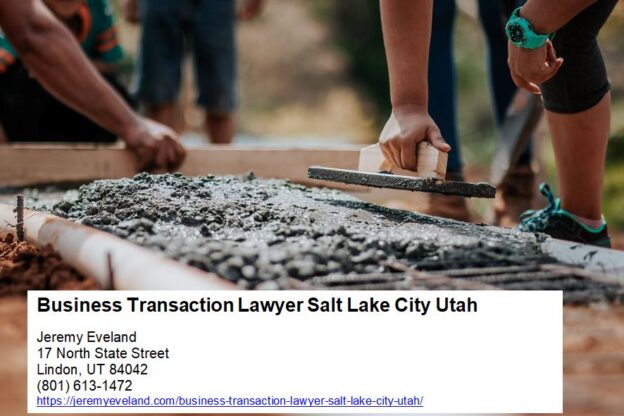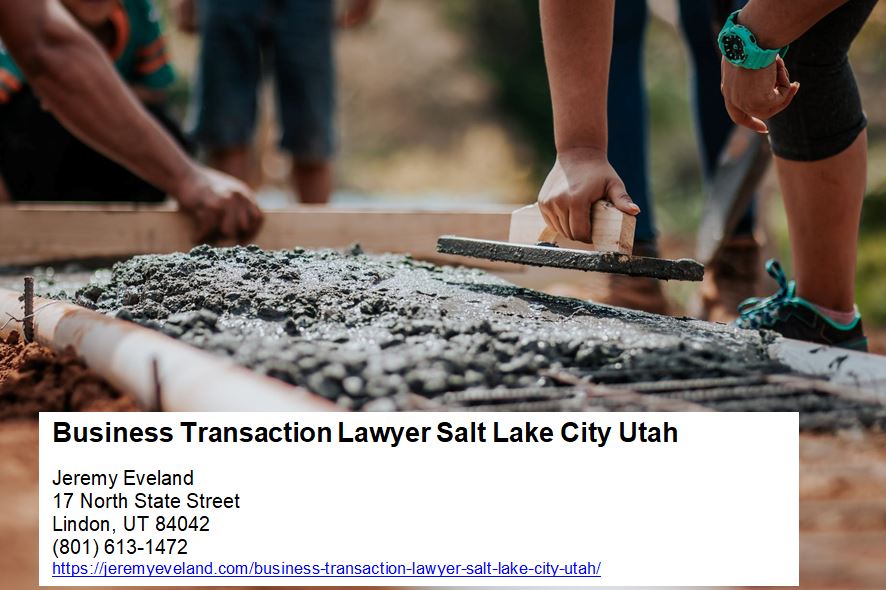Commercial Litigation Strategies
-
Litigation Attorney
- Introduction
- Leveraging Motion Practice to Achieve Success in Commercial Litigation Cases
- The Benefits of Working with Experienced Commercial Litigators
- Utilizing Alternative Dispute Resolution to Resolve Commercial Disputes
- Developing a Comprehensive Litigation Strategy for Your Business
- Understanding the Basics of Commercial Litigation Strategies
- Interrogatories and Requests for Production of Documents
- Expert Witnesses and Requests for Admissions
- Q&A
“Unlock the Power of Commercial Litigation Strategies to Maximize Your Success!”
Introduction
Commercial litigation strategies are an important part of any business. They are used to protect the interests of a company and its stakeholders in the event of a dispute or legal action. Commercial litigation strategies involve a variety of tactics and strategies to ensure that a company is able to protect its interests in the event of a dispute. These strategies can include filing a lawsuit, negotiating a settlement, or engaging in alternative dispute resolution. It is important for businesses to understand the different types of commercial litigation strategies available to them and how to best utilize them in order to protect their interests.
Leveraging Motion Practice to Achieve Success in Commercial Litigation Cases
Commercial litigation cases can be complex and time-consuming, and success in such cases requires a comprehensive understanding of the law and the ability to effectively present a case. Motion practice is an important tool for attorneys to use in order to achieve success in commercial litigation cases. Motion practice involves filing motions with the court to request certain rulings or orders, such as a motion for summary judgment or a motion to dismiss. By utilizing motion practice, attorneys can gain an advantage in their cases and increase their chances of success.
Motion practice can be used to narrow the issues in dispute, which can help to streamline the litigation process. By filing motions, attorneys can limit the scope of the case and focus on the most important issues. This can help to reduce the amount of time and resources that are required to litigate the case. Additionally, motions can be used to obtain rulings from the court that can be beneficial to the attorney’s client. For example, a motion for summary judgment can be used to obtain a ruling from the court that there is no genuine issue of material fact and that the case should be decided in favor of the attorney’s client.
In order to effectively utilize motion practice, attorneys must be familiar with the applicable rules of civil procedure and the relevant case law. Attorneys should also be aware of the deadlines for filing motions and the requirements for properly serving the opposing party. Additionally, attorneys should be prepared to respond to any motions that are filed by the opposing party.
When preparing a motion, attorneys should ensure that the motion is well-written and clearly states the legal basis for the requested relief. Attorneys should also be prepared to present oral argument in support of their motion. Oral argument can be an effective way to persuade the court to grant the requested relief.
By utilizing motion practice, attorneys can gain an advantage in their commercial litigation cases and increase their chances of success. Motion practice can be used to narrow the issues in dispute, obtain rulings from the court, and persuade the court to grant the requested relief. Attorneys should be familiar with the applicable rules of civil procedure and the relevant case law in order to effectively utilize motion practice.
The Benefits of Working with Experienced Commercial Litigators
Working with experienced commercial litigators can provide a number of benefits to businesses and individuals involved in complex legal disputes. Experienced commercial litigators have the knowledge and expertise to effectively navigate the complexities of the legal system and provide sound legal advice. Here are some of the key benefits of working with experienced commercial litigators:
1. Knowledge of the Law: Experienced commercial litigators have a deep understanding of the law and the legal system. They are familiar with the relevant statutes, regulations, and case law that may be applicable to a particular dispute. This knowledge allows them to provide sound legal advice and develop effective strategies for resolving disputes.
2. Experience in the Courtroom: Experienced commercial litigators have extensive experience in the courtroom. They understand the nuances of the legal system and how to effectively present a case in court. This experience can be invaluable in helping to ensure a favorable outcome for their clients.
3. Negotiation Skills: Experienced commercial litigators are skilled negotiators. They understand how to effectively negotiate with opposing parties to reach a mutually beneficial resolution. This can be especially beneficial in cases where a settlement is preferable to a lengthy and costly trial.
4. Access to Resources: Experienced commercial litigators have access to a wide range of resources that can be used to support their clients’ cases. This includes access to expert witnesses, research materials, and other resources that can be used to strengthen a case.
5. Cost Savings: Working with experienced commercial litigators can help to reduce the overall cost of a legal dispute. Experienced litigators are familiar with the legal system and can often resolve disputes without the need for a lengthy and costly trial. This can help to save businesses and individuals time and money.
Overall, working with experienced commercial litigators can provide a number of benefits to businesses and individuals involved in complex legal disputes. Experienced litigators have the knowledge and expertise to effectively navigate the complexities of the legal system and provide sound legal advice. They also have access to a wide range of resources that can be used to support their clients’ cases. Finally, working with experienced litigators can help to reduce the overall cost of a legal dispute by avoiding the need for a lengthy and costly trial.
Utilizing Alternative Dispute Resolution to Resolve Commercial Disputes
Alternative Dispute Resolution (ADR) is an increasingly popular method of resolving commercial disputes. ADR is a process that allows parties to resolve disputes without going to court. It is often faster, less expensive, and less adversarial than litigation.
ADR can take many forms, including mediation, arbitration, and negotiation. Mediation is a process in which a neutral third party helps the parties to a dispute reach a mutually acceptable resolution. The mediator does not make a decision, but rather facilitates communication between the parties and helps them to reach an agreement.
Arbitration is a process in which a neutral third party hears evidence and arguments from both sides and makes a binding decision. The decision is legally binding and enforceable in court.
Negotiation is a process in which the parties to a dispute attempt to reach an agreement without the assistance of a third party. Negotiation can be done directly between the parties or through their attorneys.
ADR can be used to resolve a wide variety of commercial disputes, including contract disputes, employment disputes, and intellectual property disputes. It is often used in cases where the parties want to maintain a good relationship, such as in business disputes between partners or between employers and employees.
ADR can be a cost-effective and efficient way to resolve commercial disputes. It is often faster and less expensive than litigation, and it can help preserve relationships between the parties. It also allows the parties to have more control over the outcome of the dispute, as they are able to craft a resolution that is tailored to their specific needs.
For these reasons, ADR is becoming an increasingly popular method of resolving commercial disputes. It is important for businesses to understand the different types of ADR and how they can be used to resolve disputes.
Developing a Comprehensive Litigation Strategy for Your Business
Developing a comprehensive litigation strategy for your business is essential to protecting your interests and ensuring the success of your organization. A well-crafted litigation strategy can help you anticipate and respond to potential legal issues, minimize the risk of costly litigation, and maximize the chances of a favorable outcome.
The first step in developing a comprehensive litigation strategy is to identify potential legal issues that may arise in the course of your business operations. This includes analyzing the legal risks associated with your products and services, as well as any potential contractual or regulatory issues. It is also important to consider the potential for litigation from customers, competitors, or other third parties.
Once you have identified potential legal issues, you should develop a plan for responding to them. This plan should include strategies for avoiding litigation, such as negotiating settlements or engaging in alternative dispute resolution. It should also include strategies for responding to litigation if it does occur, such as filing motions to dismiss or seeking summary judgment.
In addition to developing a plan for responding to potential legal issues, you should also consider how to best protect your business from litigation. This includes developing policies and procedures to ensure compliance with applicable laws and regulations, as well as implementing measures to reduce the risk of litigation. For example, you may want to consider implementing a dispute resolution process, such as mediation or arbitration, to resolve disputes without resorting to litigation.
Finally, you should consider how to best manage litigation if it does occur. This includes developing a litigation budget and timeline, as well as selecting and managing outside counsel. It is also important to consider how to best communicate with the other party and the court, as well as how to best manage the media and public relations aspects of the litigation.
By developing a comprehensive litigation strategy, you can ensure that your business is prepared to respond to potential legal issues and minimize the risk of costly litigation. With the right strategy in place, you can protect your interests and maximize the chances of a favorable outcome.
Understanding the Basics of Commercial Litigation Strategies
Commercial litigation is a complex and often lengthy process that requires a thorough understanding of the legal system and the strategies used to resolve disputes. It is important for businesses to understand the basics of commercial litigation strategies in order to protect their interests and ensure a successful outcome.
The first step in any commercial litigation strategy is to identify the legal issues at hand. This involves researching the applicable laws and regulations, as well as any relevant case law. Once the legal issues have been identified, the next step is to develop a strategy for resolving the dispute. This may involve filing a lawsuit, negotiating a settlement, or pursuing an alternative dispute resolution process such as arbitration or mediation.
The next step in the process is to prepare for trial. This includes gathering evidence, interviewing witnesses, and preparing legal documents. It is important to understand the rules of evidence and procedure in order to ensure that the case is presented in the most effective manner.
Once the trial begins, the parties will present their arguments and evidence to the court. The court will then make a decision based on the evidence presented. Depending on the outcome, the parties may be required to take further action, such as filing an appeal or seeking a new trial.
Finally, it is important to understand the costs associated with commercial litigation. These costs can include attorney’s fees, court costs, and other expenses. It is important to understand the potential costs before entering into a dispute in order to ensure that the business is prepared to handle the financial burden.
Commercial litigation is a complex process that requires a thorough understanding of the legal system and the strategies used to resolve disputes. By understanding the basics of commercial litigation strategies, businesses can protect their interests and ensure a successful outcome.
Interrogatories and Requests for Production of Documents
Interrogatories
Interrogatories are written questions that are sent to the opposing party in a legal action. The purpose of interrogatories is to obtain information that is relevant to the case. The responding party must answer the questions in writing and under oath.
Requests for Production of Documents
Requests for production of documents are requests for the opposing party to produce documents that are relevant to the case. The responding party must produce the documents within a certain time frame. The documents must be relevant to the case and must be in the possession or control of the responding party.
Expert Witnesses and Requests for Admissions
Expert Witnesses
An expert witness is a person who has specialized knowledge or experience in a particular field and is called upon to provide testimony in a legal proceeding. Expert witnesses are typically used in civil and criminal trials to provide an opinion on a particular issue or to explain a complex concept. Expert witnesses may be called upon to provide testimony on a variety of topics, including medical malpractice, engineering, accounting, and other technical matters.
Expert witnesses are typically hired by one of the parties involved in the legal proceeding. The expert witness is expected to provide an unbiased opinion on the matter at hand and must be able to explain their opinion in a clear and concise manner. Expert witnesses must also be able to withstand cross-examination by the opposing party.
Requests for Admissions
A request for admissions is a formal request made by one party in a legal proceeding to the other party to admit or deny certain facts. Requests for admissions are typically used in civil cases to establish certain facts that are in dispute. The requesting party must provide the responding party with a list of facts that they are requesting to be admitted or denied. The responding party must then provide a written response to each of the facts listed in the request.
If the responding party fails to respond to the request for admissions, the requesting party may be able to use the facts as evidence in the case. Additionally, if the responding party admits to any of the facts listed in the request, those facts may be used as evidence in the case. Requests for admissions can be a powerful tool in a legal proceeding and can help to establish certain facts that may be in dispute.
Q&A
1. What is the purpose of commercial litigation strategies?
The purpose of commercial litigation strategies is to provide a framework for resolving disputes between businesses in a cost-effective and timely manner. These strategies can include negotiation, mediation, arbitration, and litigation.
2. What are the benefits of using commercial litigation strategies?
The benefits of using commercial litigation strategies include cost savings, faster resolution of disputes, and the ability to maintain control over the outcome of the dispute. Additionally, these strategies can help to preserve relationships between businesses and avoid costly and time-consuming litigation.
3. What are the different types of commercial litigation strategies?
The different types of commercial litigation strategies include negotiation, mediation, arbitration, and litigation. Negotiation involves the parties attempting to reach an agreement without the involvement of a third party. Mediation involves the use of a neutral third party to help the parties reach an agreement. Arbitration involves the use of a third-party arbitrator to make a binding decision on the dispute. Litigation involves the filing of a lawsuit in court and the use of the court system to resolve the dispute.
4. What factors should be considered when selecting a commercial litigation strategy?
When selecting a commercial litigation strategy, factors such as the complexity of the dispute, the cost of the strategy, the time frame for resolution, and the desired outcome should all be considered. Additionally, the parties should consider the potential risks and benefits of each strategy and determine which one is most likely to result in a successful resolution.
5. What are the advantages and disadvantages of using negotiation as a commercial litigation strategy?
The advantages of using negotiation as a commercial litigation strategy include the ability to maintain control over the outcome of the dispute, the potential for cost savings, and the ability to preserve relationships between the parties. The disadvantages of using negotiation as a commercial litigation strategy include the potential for the parties to become entrenched in their positions and the lack of a binding decision.
6. What are the advantages and disadvantages of using arbitration as a commercial litigation strategy?
The advantages of using arbitration as a commercial litigation strategy include the potential for a binding decision, the ability to maintain control over the outcome of the dispute, and the potential for cost savings. The disadvantages of using arbitration as a commercial litigation strategy include the potential for the parties to become entrenched in their positions and the lack of an appeal process.
7. What are the advantages and disadvantages of using litigation as a commercial litigation strategy?
The advantages of using litigation as a commercial litigation strategy include the potential for a binding decision, the ability to seek damages, and the potential for an appeal process. The disadvantages of using litigation as a commercial litigation strategy include the potential for high costs, the potential for a lengthy process, and the potential for an unpredictable outcome.
Commercial Litigation Strategies Consultation
When you need legal help with Commercial Litigation Strategies call Jeremy D. Eveland, MBA, JD (801) 613-1472 for a consultation.
Jeremy Eveland
17 North State Street
Lindon UT 84042
(801) 613-1472
Related Posts
Business Lawyer West Jordan Utah
Irrevocable Life Insurance Trusts
What Is The Purpose Of A Business Attorney?
Business Transaction Lawyer Provo Utah
Trusted Personal Injury Attorneys in Utah
Legal Requirements to Start a Business
Real Estate Attorneys in Salt Lake City Utah
Business Contract Lawyer Riverton UT

